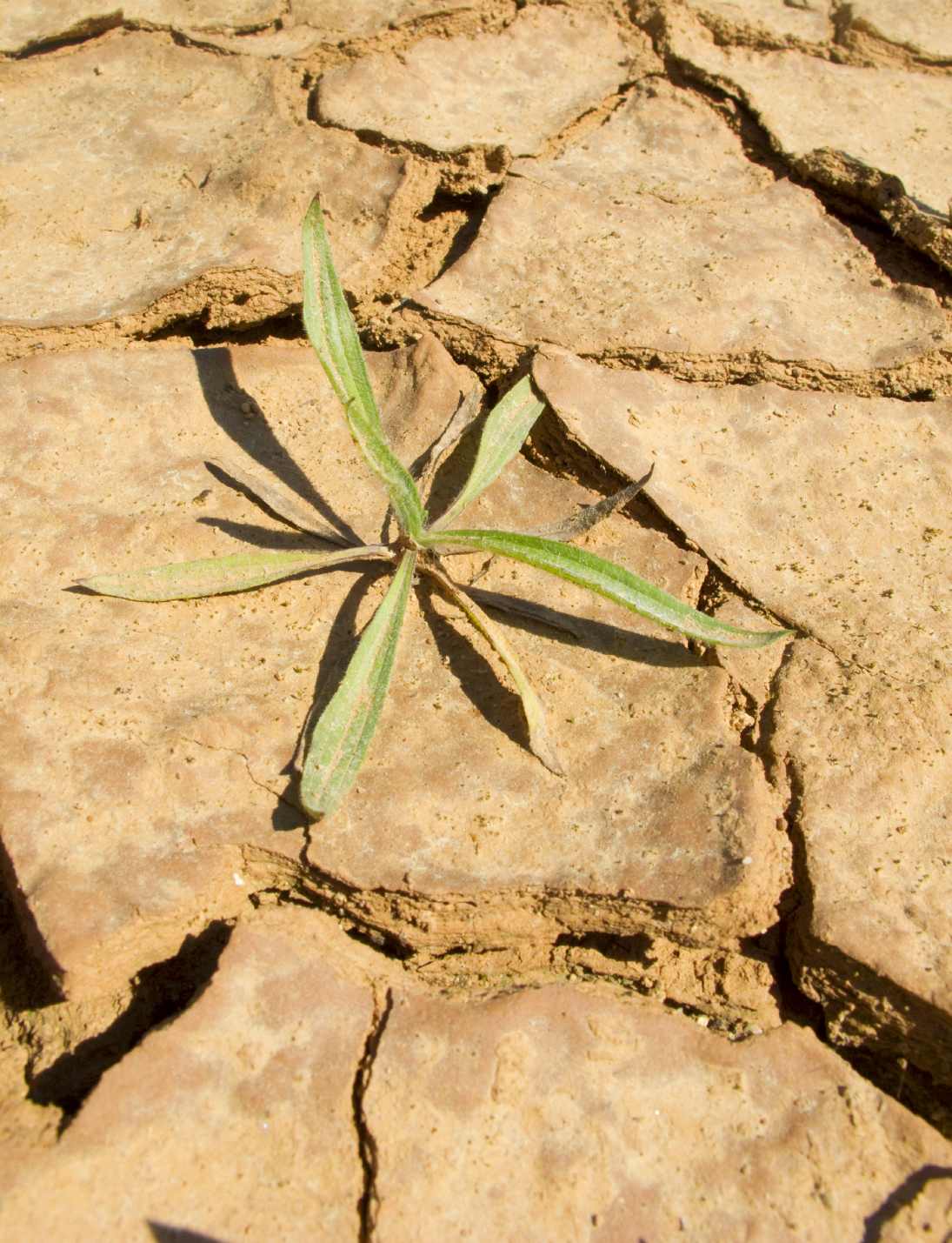| ←Rules | Overview | First Contact→ |
|---|
The word ecology comes from the Greek oikos, house, dwelling place, habitation. It means that on earth everything is interconnected. When somebody pours poison into a river, the people, animals and plants downstream will suffer. High levels of carbon dioxide emissions in Europe impact the global climate.
All is Connected
Many ecological problems have immediate, direct consequences at the local level, while others will only be felt in the long term. Some problems at first only affect nature, while others are problematic for human beings straightaway.
A bad sewage system will definitely damage the soil, human beings may become sick and the drinking water might become unsafe.
In a city that relies heavily on car traffic people might get sick because the air is bad and children risk being injured as they cross the street. In addition, the air is getting worse and, in the long run, the global atmosphere will be badly affected.
It is impossible in this short publication to list all the possible consequences. We can only point to some specific issues and facts. When you work with your partner groups, you will have to explore the correlation between particular problems.
What is Climate Change?
Scientists around the world have observed that the global climate has been changing at a rapid pace, especially in terms of increases in average temperatures. The first decade of the twenty-first century was the warmest on record since the beginning of the instrumental climate records in 1850. This has certain consequences:
- Sea levels rise endangering low lands and islands
- Glaciers melt and shrink, changing local weather patterns and reducing access to water
- Droughts but also heavy storms seem to have become more frequent.
Today, the vast majority of scientists are convinced that human beings contribute significantly to this change. Since the nineteenth-century industrial revolution, humanity as a whole has emitted higher levels of gases such as carbon dioxide and others than can be offset by the global climate. This has had a warming effect. Problematic in this respect is any type of burning, including the burning of wood and especially fuels. The flip side of the coin is the destruction of nature, which could actually transform gases such CO2. Therefore, global deforestation is another contributing factor to climate change.
What Can We Do About Climate Change?
There are two basic strategies, namely mitigation and adaptation.
Mitigation
The human contribution to climate change should be reduced. This includes the following measures:
- Switch to alternative energies that do not require burning fuels.
- Reduce travel that requires burning fuels
- Stop deforestation.
Adaptation
Climate change is well under way and can no longer be stopped. Therefore, people everywhere, especially vulnerable communities, need to prepare for the coming changes.
Other Areas of Concern
Climate change is definitely not the only concern. In terms of ecological justice there are more areas in which humans hurt nature and, ultimately, themselves. Below a short list of other issues that could be considered
- Biodiversity: more and more species are threatened by extinction.
- Water: rivers and ground water are contaminated and human beings do not have safe drinking water.
- Waste: waste is disposed in an unhealthy manner.
- Deforestation and desertification: forests are shrinking while deserts are growing.
| ←Rules | Overview | First Contact→ |
|---|

